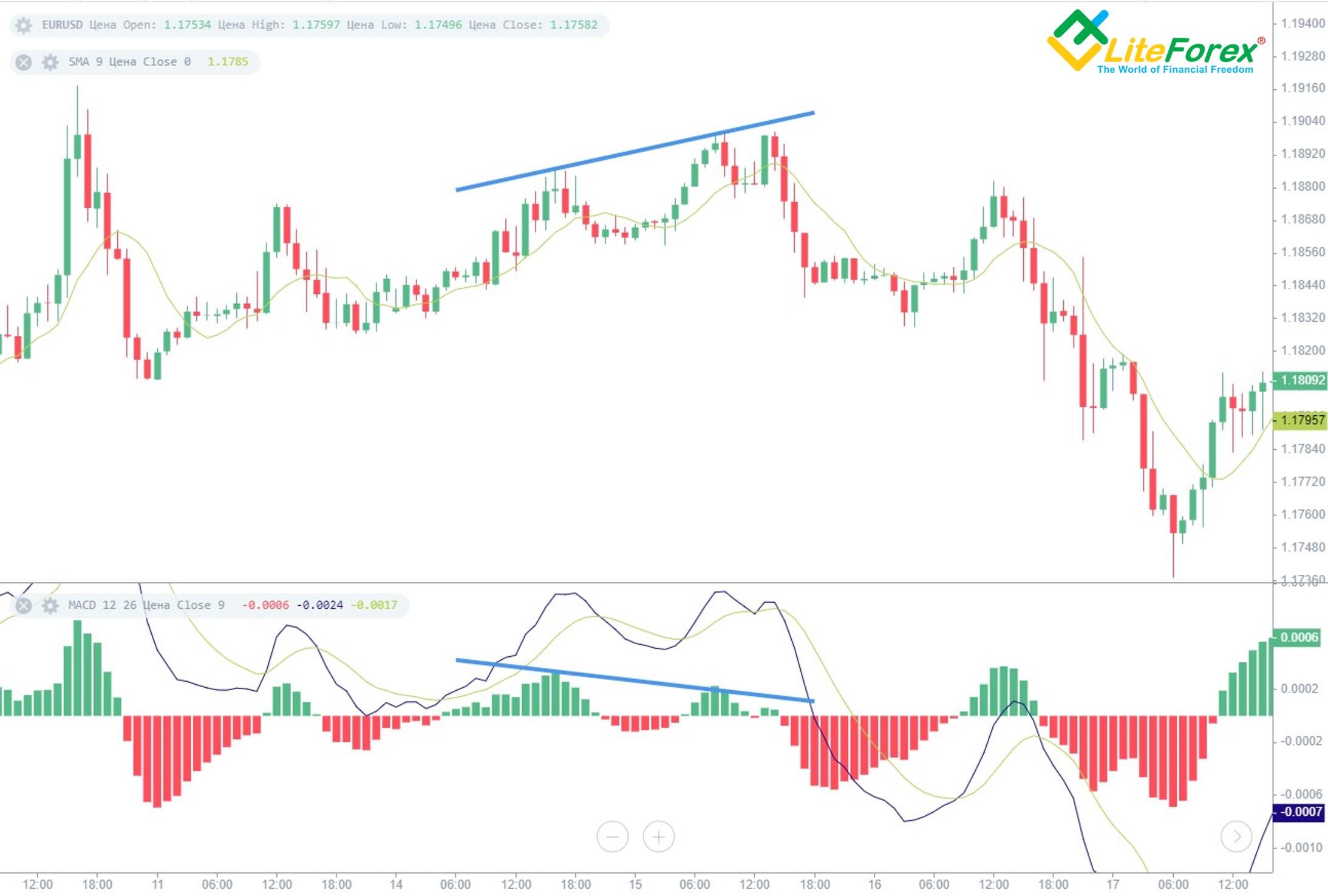
If you are interested in investing in residential realty, residential REITs might be a good choice. This article will explain the features of residential REITs as well as their costs, tax implications, and other details. It is possible to make a good investment in residential REITs, but you need to do your research first.
There is a high demand for residential real property
The high demand for residential real estate makes it a good investment choice in most market conditions. This type of property is more resilient to economic downturns than commercial real estate and there are fewer regulations and red tape. A wider variety of potential tenants makes it more attractive. Residential real estate is not dependent on commercial realty, which heavily depends on businesses. Furthermore, residential real estate does not have to comply with zoning laws. This makes finding and keeping tenants easier.
New projects in Hyderabad led to an increase in property prices. Demand is shifting towards larger homes, with better amenities and recreational facilities. This trend is also influenced by rising construction costs. The Mumbai residential market was hit hard by rising construction costs and a drop of 16.2% and 2.9% respectively.

Characteristics for residential REITs
A number of factors have contributed to the rapid growth of residential REITs. There is limited supply of single-family homes across most areas, but the demand for multifamily housing has increased. There are currently 850,000 units under construction. Although construction economics have been affected by rising capitalization rates and higher construction financing costs, the fundamentals and appeal of multifamily realty remain appealing to well-capitalized developers and owners.
Resident REITs have the primary purpose of renting housing to tenants. Rental properties are usually less affected than other types property by fluctuations in the real estate markets. In fact, during an economic and housing market crash, demand for rental property usually rises. This stability makes residential REITs an excellent long-term investment.
Costs associated with investing in a residential REIT
Before investing in a residential REIT, consider its costs. Some REITs charge management fees. Some offer dividend payments. You should check the management team's track record and ask whether they are compensated on a performance basis. They will be more likely to invest in properties that have high performance and receive a performance-based pay plan. It is also important to look at the fees and processes of the manager. Before investing in a REIT, it is important to evaluate the dividend yield and potential risks. These factors can be found at the REIT’s website or discussed with a professional financial advisor.
While residential real property may not be the most lucrative investment, it is still one of the best. Renting properties is less vulnerable to market and economic fluctuations. People will always require a place to live. The demand for rental properties increases when there is a decline in the economy and housing market. Therefore, investing in a residential REIT is a good choice for long-term investors.

Tax implications when investing in a residential REIT
A residential REIT's investment can be tax-efficient in many cases. REITs are known for investing in low-value properties that can be renovated to increase the rent. By taking advantage of the tax breaks available to REITs, they do this. However, the tax implications of residential REITs are not fully understood by investors.
Capitalization of startup costs and organizational expenses is permitted for REITs. However, these expenses must be included on Schedule K-1 before the investment company can take any deductions. In addition, any amounts paid for improvements or property production must be capitalized. The costs of maintenance and repair can be deducted by a residential REIT only if they are related or necessary to the business.
FAQ
Is stock marketable security a possibility?
Stock is an investment vehicle where you can buy shares of companies to make money. This can be done through a brokerage firm that helps you buy stocks and bonds.
You could also choose to invest in individual stocks or mutual funds. There are more mutual fund options than you might think.
The main difference between these two methods is the way you make money. Direct investment allows you to earn income through dividends from the company. Stock trading is where you trade stocks or bonds to make profits.
In both cases, you are purchasing ownership in a business or corporation. However, when you own a piece of a company, you become a shareholder and receive dividends based on how much the company earns.
With stock trading, you can either short-sell (borrow) a share of stock and hope its price drops below your cost, or you can go long-term and hold onto the shares hoping the value increases.
There are three types of stock trades: call, put, and exchange-traded funds. Call and put options give you the right to buy or sell a particular stock at a set price within a specified time period. ETFs can be compared to mutual funds in that they do not own individual securities but instead track a set number of stocks.
Stock trading is a popular way for investors to be involved in the growth of their company without having daily operations.
Stock trading can be a difficult job that requires extensive planning and study. However, it can bring you great returns if done well. This career path requires you to understand the basics of finance, accounting and economics.
What is the distinction between marketable and not-marketable securities
The main differences are that non-marketable securities have less liquidity, lower trading volumes, and higher transaction costs. Marketable securities, on the other hand, are traded on exchanges and therefore have greater liquidity and trading volume. Marketable securities also have better price discovery because they can trade at any time. But, this is not the only exception. Some mutual funds are not open to public trading and are therefore only available to institutional investors.
Non-marketable securities tend to be riskier than marketable ones. They usually have lower yields and require larger initial capital deposits. Marketable securities tend to be safer and easier than non-marketable securities.
A large corporation bond has a greater chance of being paid back than a smaller bond. The reason for this is that the former might have a strong balance, while those issued by smaller businesses may not.
Because of the potential for higher portfolio returns, investors prefer to own marketable securities.
How do I choose a good investment company?
It is important to find one that charges low fees, provides high-quality administration, and offers a diverse portfolio. Fees are typically charged based on the type of security held in your account. Some companies have no charges for holding cash. Others charge a flat fee each year, regardless how much you deposit. Some companies charge a percentage from your total assets.
Also, find out about their past performance records. If a company has a poor track record, it may not be the right fit for your needs. You want to avoid companies with low net asset value (NAV) and those with very volatile NAVs.
You should also check their investment philosophy. In order to get higher returns, an investment company must be willing to take more risks. If they are unwilling to do so, then they may not be able to meet your expectations.
What is a bond?
A bond agreement between two parties where money changes hands for goods and services. It is also known as a contract.
A bond is normally written on paper and signed by both the parties. This document details the date, amount owed, interest rates, and other pertinent information.
The bond is used for risks such as the possibility of a business failing or someone breaking a promise.
Bonds are often combined with other types, such as mortgages. This means that the borrower will need to repay the loan along with any interest.
Bonds can also raise money to finance large projects like the building of bridges and roads or hospitals.
A bond becomes due upon maturity. This means that the bond's owner will be paid the principal and any interest.
Lenders can lose their money if they fail to pay back a bond.
Statistics
- Individuals with very limited financial experience are either terrified by horror stories of average investors losing 50% of their portfolio value or are beguiled by "hot tips" that bear the promise of huge rewards but seldom pay off. (investopedia.com)
- "If all of your money's in one stock, you could potentially lose 50% of it overnight," Moore says. (nerdwallet.com)
- The S&P 500 has grown about 10.5% per year since its establishment in the 1920s. (investopedia.com)
- For instance, an individual or entity that owns 100,000 shares of a company with one million outstanding shares would have a 10% ownership stake. (investopedia.com)
External Links
How To
How do I invest in bonds
A bond is an investment fund that you need to purchase. Although the interest rates are very low, they will pay you back in regular installments. You make money over time by this method.
There are several ways to invest in bonds:
-
Directly buying individual bonds.
-
Buying shares of a bond fund.
-
Investing with a broker or bank
-
Investing via a financial institution
-
Investing through a pension plan.
-
Directly invest with a stockbroker
-
Investing through a mutual fund.
-
Investing via a unit trust
-
Investing via a life policy
-
Investing in a private capital fund
-
Investing using an index-linked funds
-
Investing through a Hedge Fund